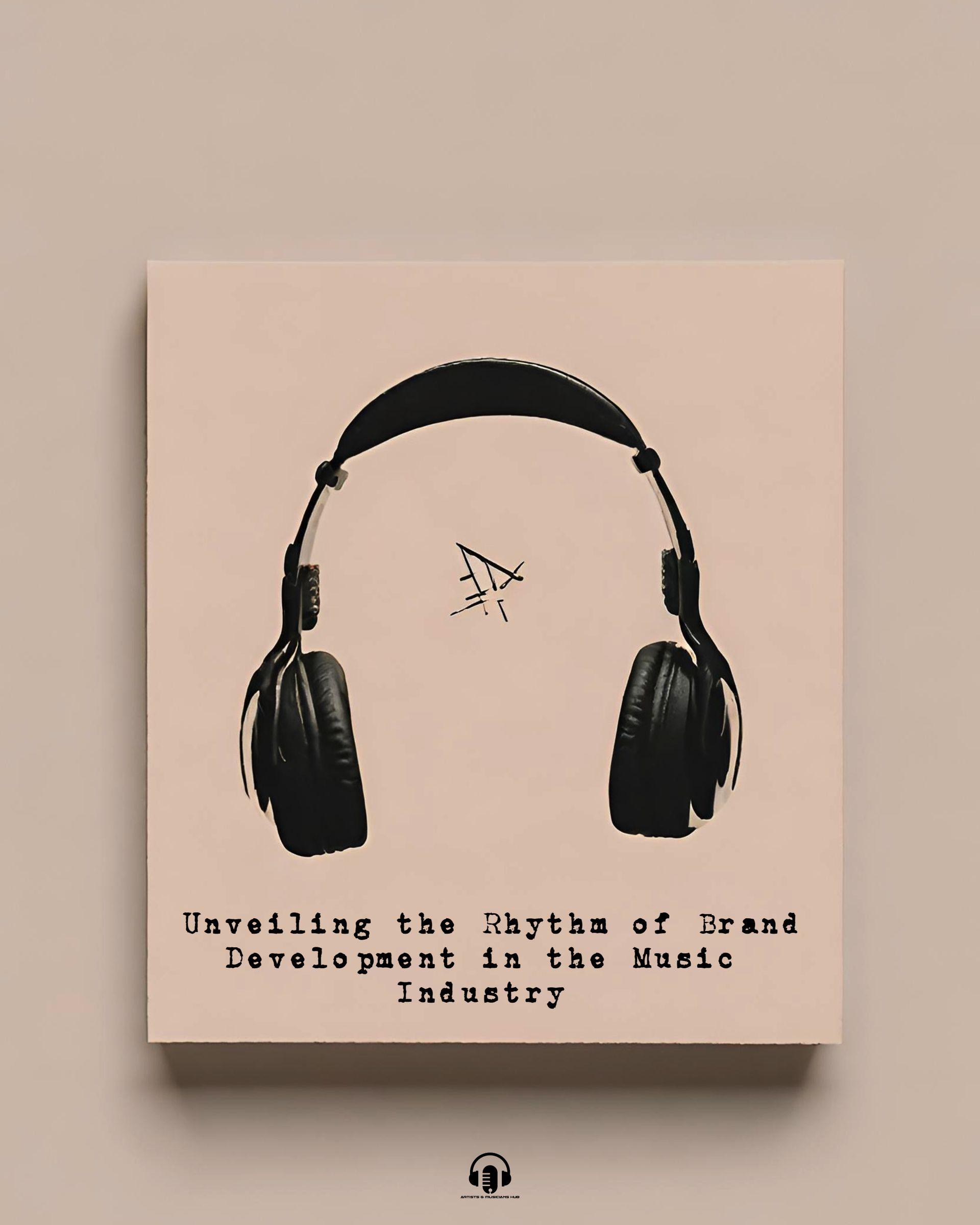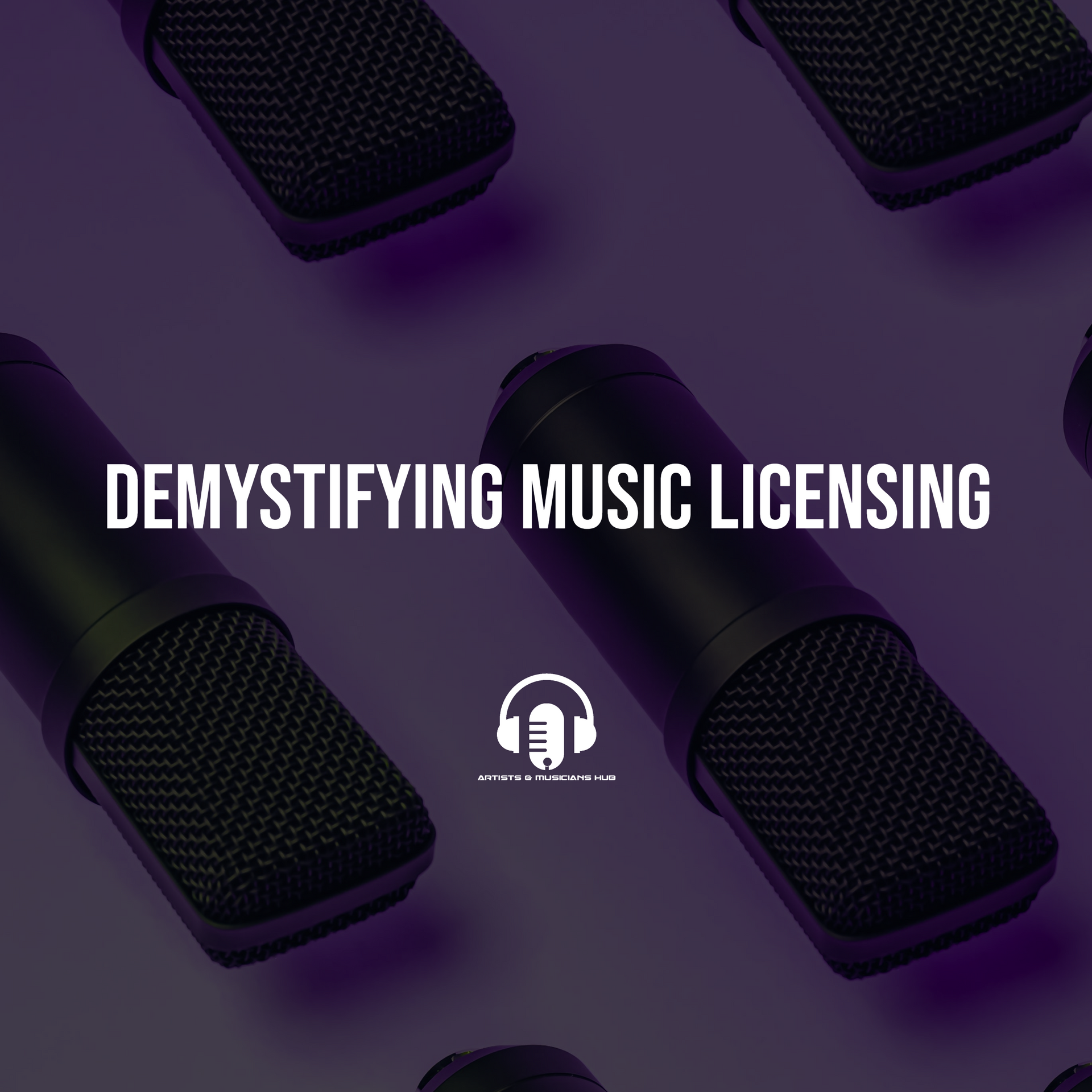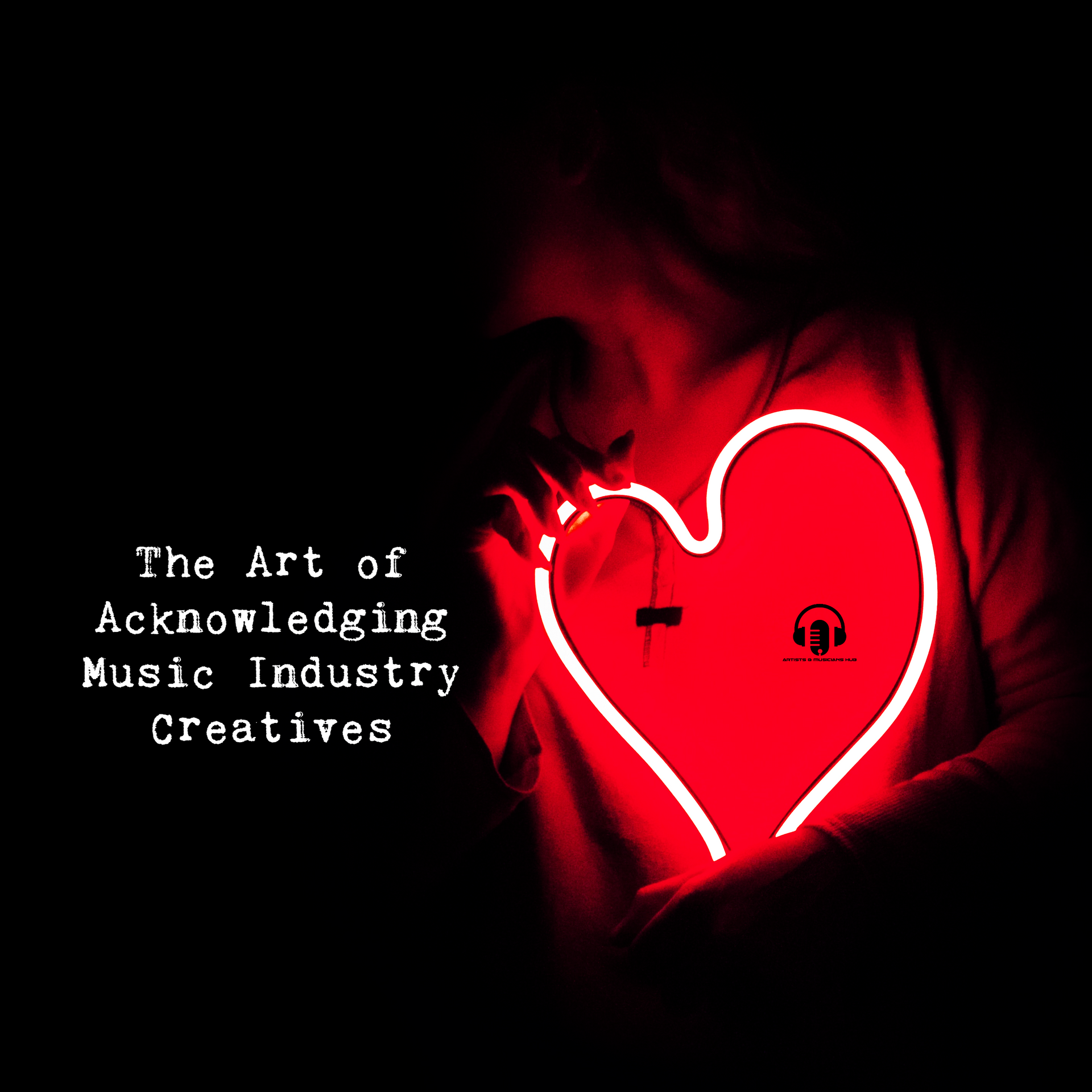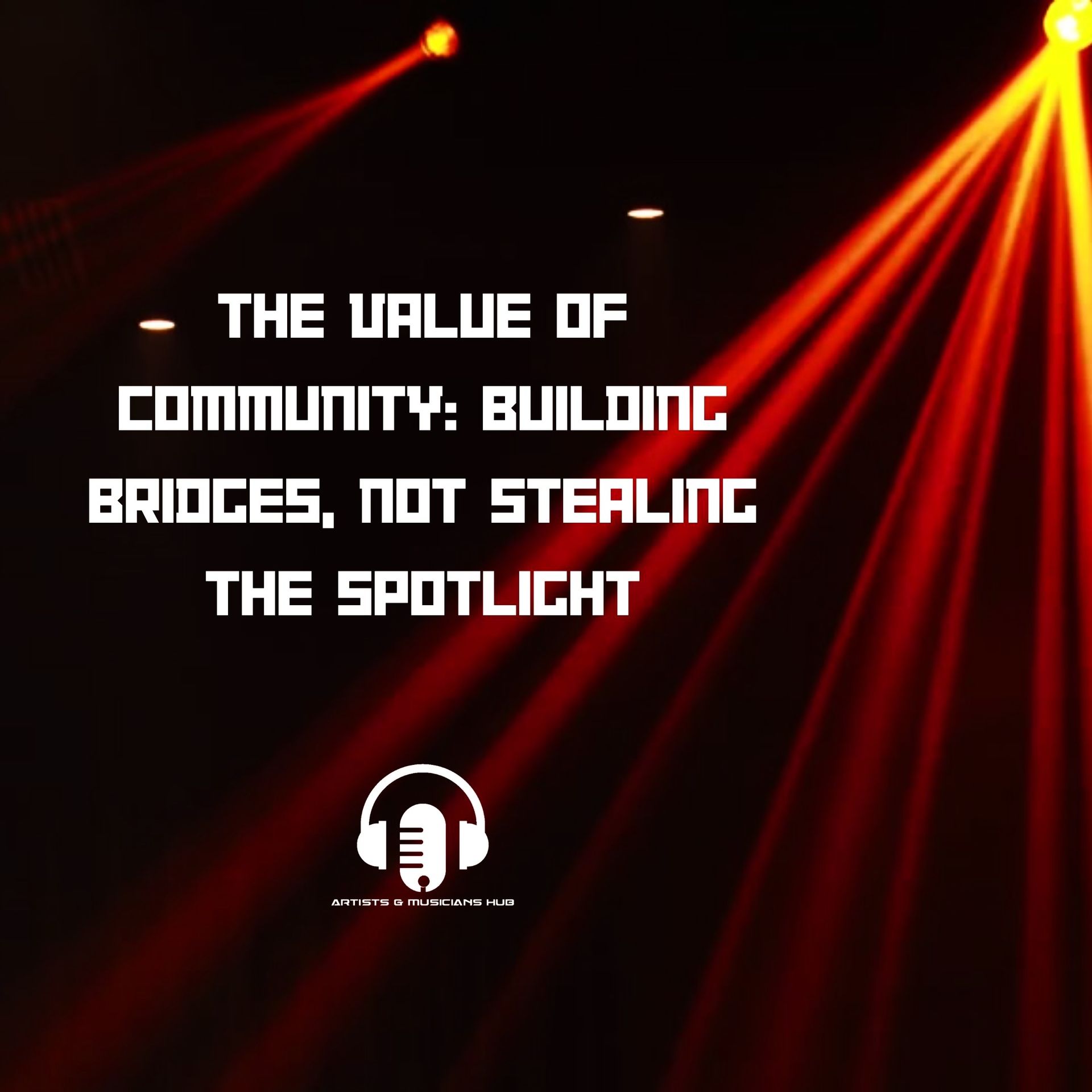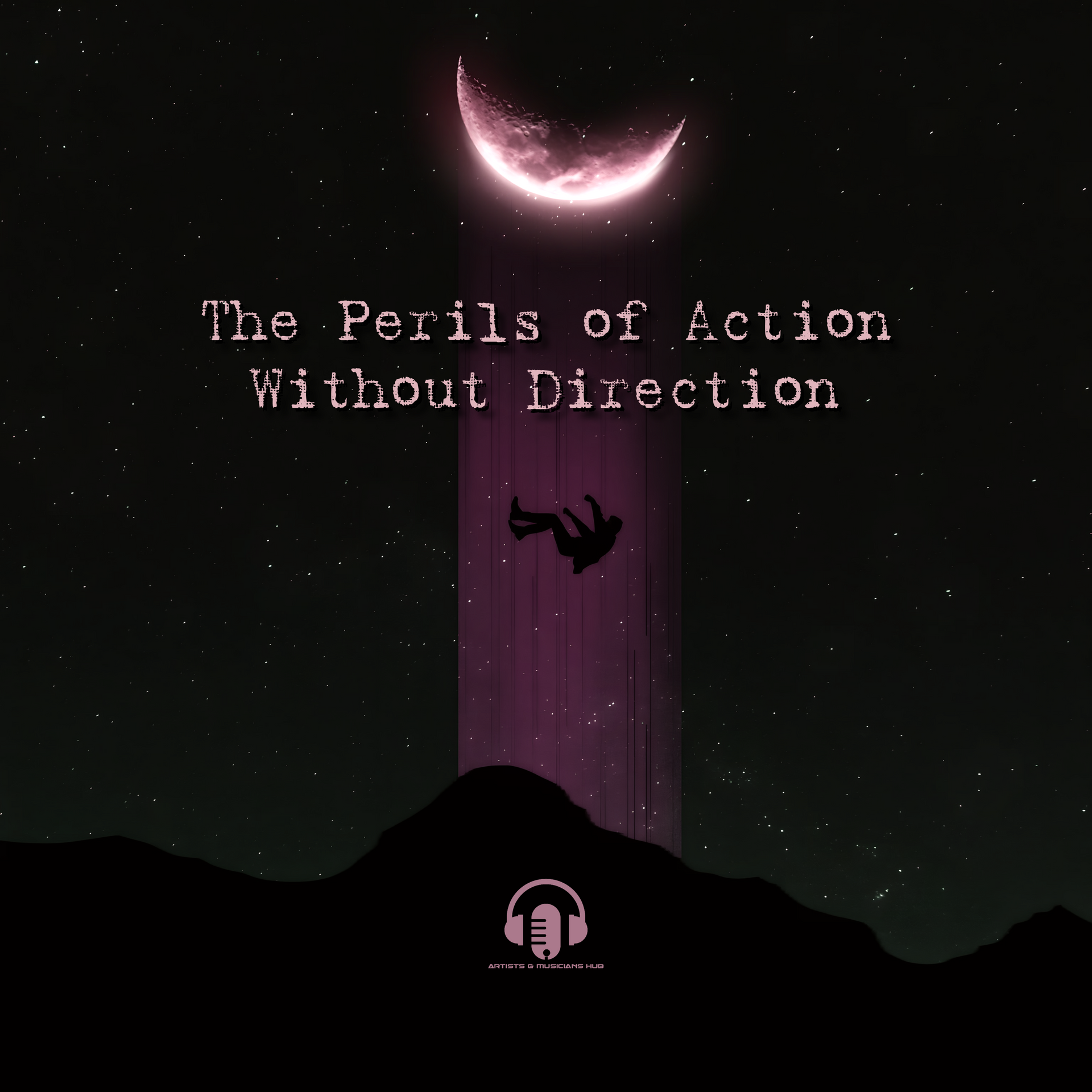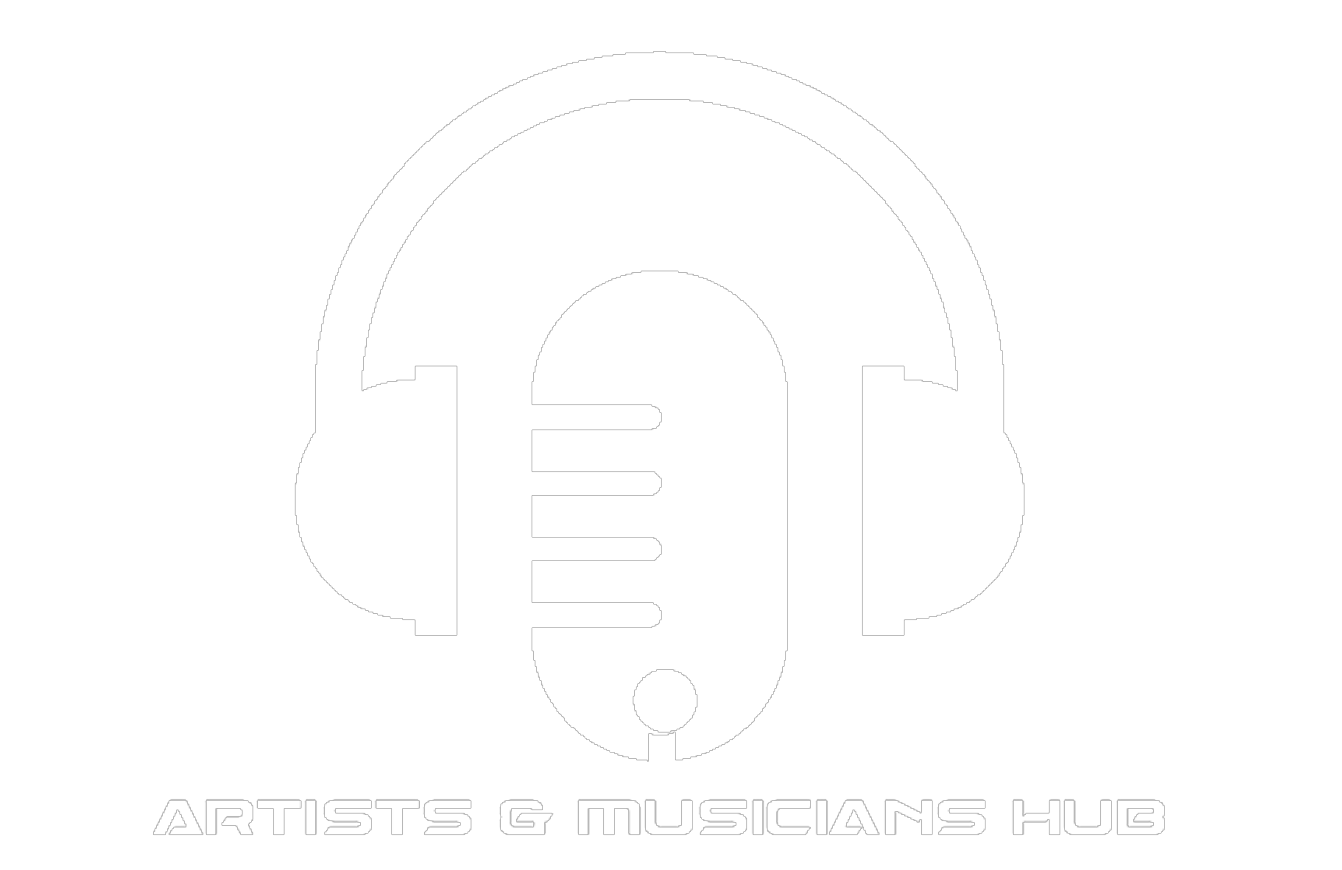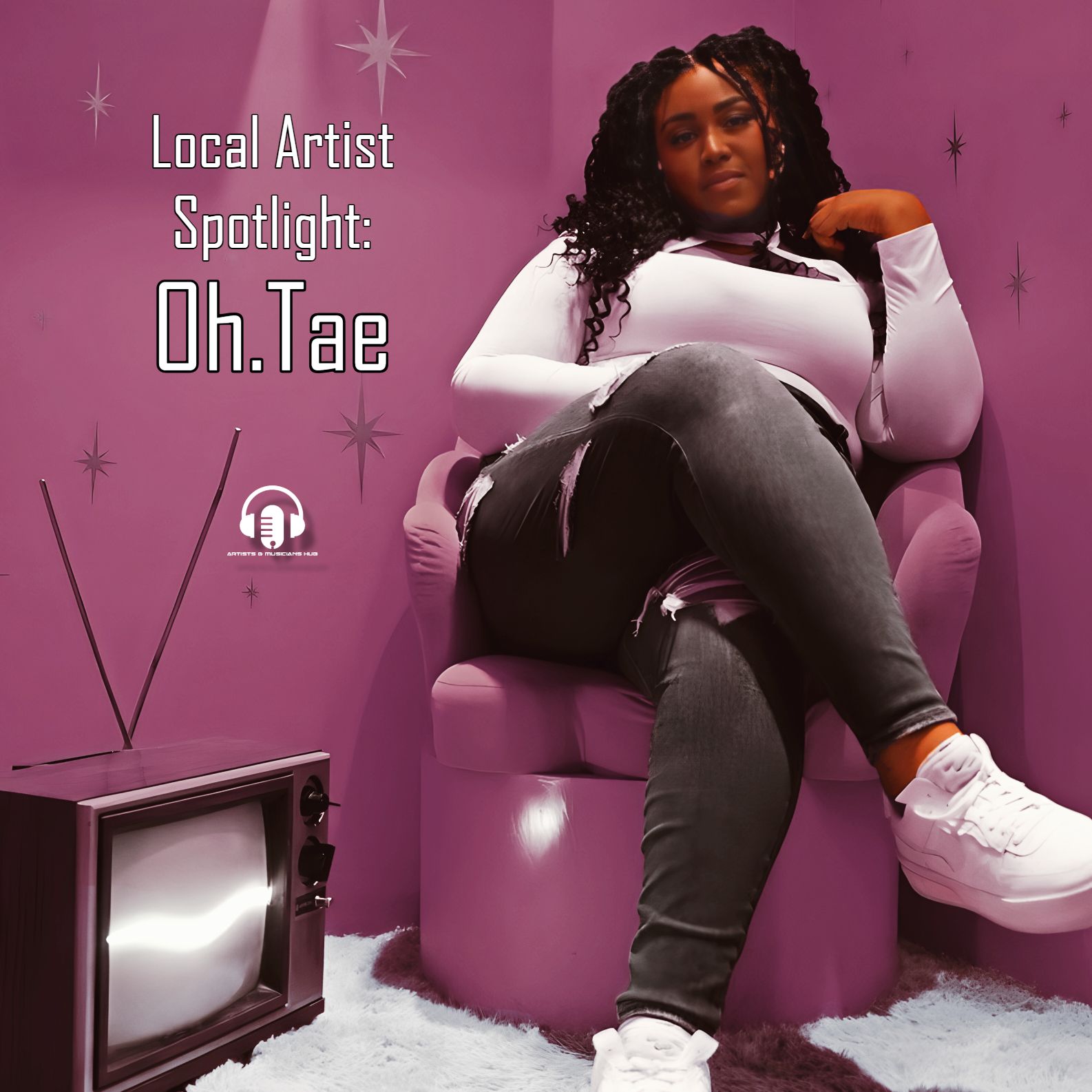From Garage Band to Boardroom: Turning Your Music Career into a Thriving Business

Hello, rockstars! We're all aware that you have the talent, drive, and style to make it big in the music industry. But what if we told you that shredding your guitar or shouting out high notes is only half the battle? It's time to put on your CEO hat and treat your music career like the booming business that it is. Buckle up, because we're about to reveal some insider information that might propel your career from garage band to boardroom.
What Exactly Is Your Musical Identity?
First and foremost, what distinguishes you from the other billion wannabe musicians out there? Creating a distinct and memorable brand will set you out from the crowd. So, grab that microphone and let the world know who you are! Take into account your stage presence, style, target audience, and message.
Begin by coming up with adjectives that characterize your music and personality. Are you a bit edgy, soulful, or whimsical? Utilize these descriptions to develop a visual identity that corresponds to your sound. Develop a unified and identifiable brand by working on your logo, color palette, and typography.
Once you've established your brand, ensure that your website, social media, and merchandise are all on point and consistent with your identity. A strong brand will help you connect with your target audience and make people remember you.
Who You Know in Networking (And Who Knows You)
"It's not what you know; it's who you know," as the old adage goes. Networking is an essential component of any business, including the music industry. So practice your social skills and start building relationships. Attend industry events, work with other musicians, and don't be hesitant to approach individuals in the industry. Remember that every connection you make could lead to new chances.
When networking, prepare your elevator pitch - a brief, captivating summary of your music and ambitions. Bring business cards with your contact information and music links. Be honest and curious about the individuals you meet, and don't forget to follow up with a quick message or email following events.
It takes time to develop real relationships, so be patient and consistent in your networking efforts. You'll build a solid network of contacts who can help you advance your career over time.
Get Your Music in Front of the Correct Ears Through Marketing
You have the talent and the brand, but what is the point if no one hears your music? It's time to put on your marketing hat and get the word out! Begin by determining your target audience and the platforms they use. Create a content strategy that includes regular press releases, social media updates, and email marketing. To reach a larger audience, use methods such as social media marketing and music streaming promotions. Don't forget to interact with your fans - they're your most devoted promoters!
Be smart and data-driven in your marketing activities. Monitor the success of your efforts and make adjustments based on the results. Analytical tools can help you learn your audience's tastes and customize your content accordingly.
Try with various marketing strategies, such as influencer collaborations, live streaming, and podcast appearances. The idea is to be creative while being faithful to your brand and reaching out to as many prospective followers as possible.
Making (and Retaining) Money with Financial Planning
You're in it for the long haul, aren't you? That means you must consider financial management. Make a budget for recording, touring, and marketing costs, and keep track of your profits and expenses. Invest carefully in your career by spending on what is important and cutting costs where possible. Consider hiring a financial counselor to assist you in navigating the complicated world of taxes and royalties. Always be on the lookout for additional money streams, such as merch, sync licensing, or Patreon.
It's critical to have a clear awareness of your financial condition, therefore keep your personal and professional finances separate. Set up a separate bank account for your music business and use accounting software to manage your cash flow. Review your financial statements on a regular basis to spot trends and make informed decisions about future investments.
The Art of Juggling: Time Management
You have a lot on your plate as a musician-turned-CEO. From writing and recording to marketing and networking, time management is critical. Create a timetable that prioritizes your most important responsibilities while also allowing time for creativity. Divide your objectives into doable steps, and don't forget to appreciate your successes along the way. Keep in mind that even the most successful artists have the same 24 hours as you.
Consider employing productivity tools such as project management software, time-tracking apps, or the Pomodoro Technique to improve your time management skills. While hiring a manager, working with a publicist, or cooperating with other musicians, learn to distribute tasks whenever possible. Maintaining a healthy work-life balance is also important; burnout will not help your career.
Staying Ahead of the Curve Via Constant Learning
The music industry is constantly changing, and in order to stay ahead of the competition, you must continue to learn. Get up to date on industry news, trends, and technology breakthroughs. To broaden your knowledge and skill set, attend courses, conferences, and webinars. Don't be scared to learn from your errors and mistakes; they're only stepping stones to success.
Subscribe to industry newsletters, participate in online forums, and follow music industry influencers and thought leaders. Attend online classes to improve your talents in areas such as music production, songwriting, and even entrepreneurship. The more you learn, the better prepared you'll be to face the challenges of the music industry and further your career.
Adaptability: Accept Change and Remain Flexible
Adaptability is essential in a continually changing sector. Prepare to make changes to your plans and strategy as new opportunities, technology, and trends emerge. Have an open mind and be willing to experiment with new genres, collaborate with unexpected collaborators, and embrace new distribution outlets for your music.
Be abreast of new platforms and technology that can assist you in reaching new audiences or streamlining your operation. Keep an eye on how other successful artists are dealing with industry changes and learn from their techniques.
DBA & LLC
These arrangements can provide musicians with security, professionalism, and potential tax benefits that can help them build their music companies.
DBA (Doing Business As) - The Ideal Addition to Your Brand:
A DBA, often known as a trade name or false company name, allows artists to conduct business under a name that is different from their legal name. This might assist you in developing a consistent image for your musical brand while also streamlining business operations.
Increase Your Branding: By registering a DBA, you can utilize your stage name or band name in all commercial transactions, providing your musical brand a professional and consistent image.
Crank It Up to 11 (without breaking the bank): Forming a DBA is easier and less expensive than forming an LLC, making it an excellent starting point for musicians who are just starting to treat their professions as a company.
A wise investment: With a DBA, you can create a bank account in your company's name, allowing you to keep your personal and corporate finances in sync.
A Breakthrough Business Opportunity: Using a DBA adds a professional aspect to your business transactions because contracts and invoices will be in your business name rather than your personal name.
Preserve Your Musical Heritage with an LLC (Limited Liability Company):
An LLC provides its owners (known as members) with limited liability protection and can provide a more solid legal framework for your music business, as well as other benefits not available with a DBA.
An LLC separates your business responsibilities from your personal assets, protecting your personal money if your music business runs into financial or legal problems.
The Appropriate Tax Note: LLCs provide tax flexibility by allowing you to select between pass-through taxation and being taxed as a corporation, which may result in tax savings in some circumstances.
A Standing Ovation for Your Company: Establishing an LLC gives your music business more credibility, which is useful when negotiating contracts, securing financing, or seeking investment.
An LLC offers a structured framework for administering your music business, with defined criteria for decision-making, ownership, and profit sharing. This is especially handy for bands or music ensembles that have several members.
Putting legal structures such as a DBA or an LLC into your music business will help you transition from garage band to boardroom. A DBA is a simple and inexpensive approach to create a professional brand, whereas an LLC provides more extensive legal protection, significant tax benefits, and a solid framework for administering your firm. Evaluate your specific circumstances and aims when selecting which structure is ideal for your music career, and seek advice from an attorney or accountant. Therefore, rock your business like you rock the stage - your future as a music entrepreneur is waiting!
Finally, rock your business like you're on stage.
That's it: the secrets to turning your music profession into a profitable business. You'll set yourself up for long-term success in the music industry by adopting a CEO mindset and focusing on branding, networking, marketing, financial planning, time management, continual learning, and adaptability. Therefore, rock your business like you rock the stage - your future as a music entrepreneur is waiting!
